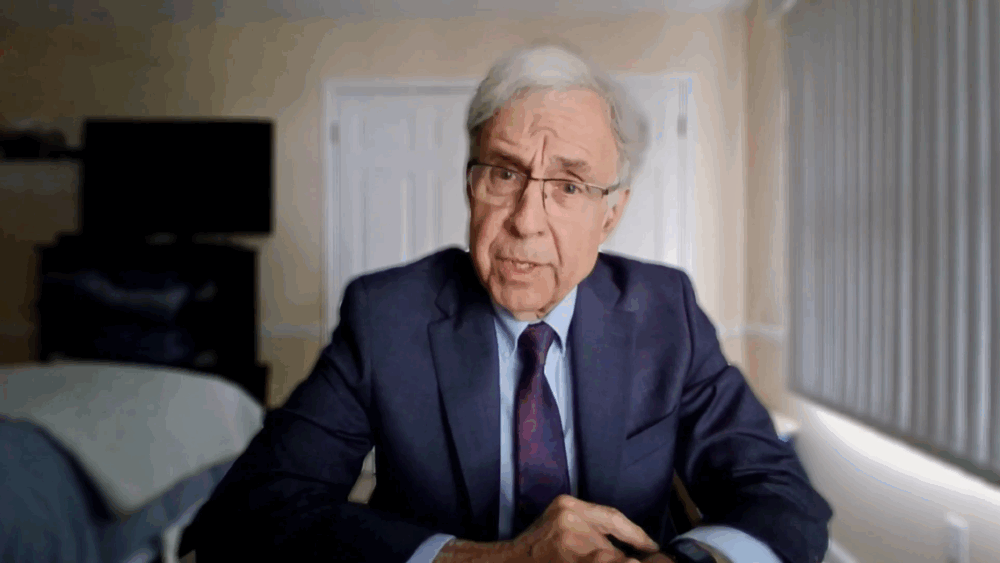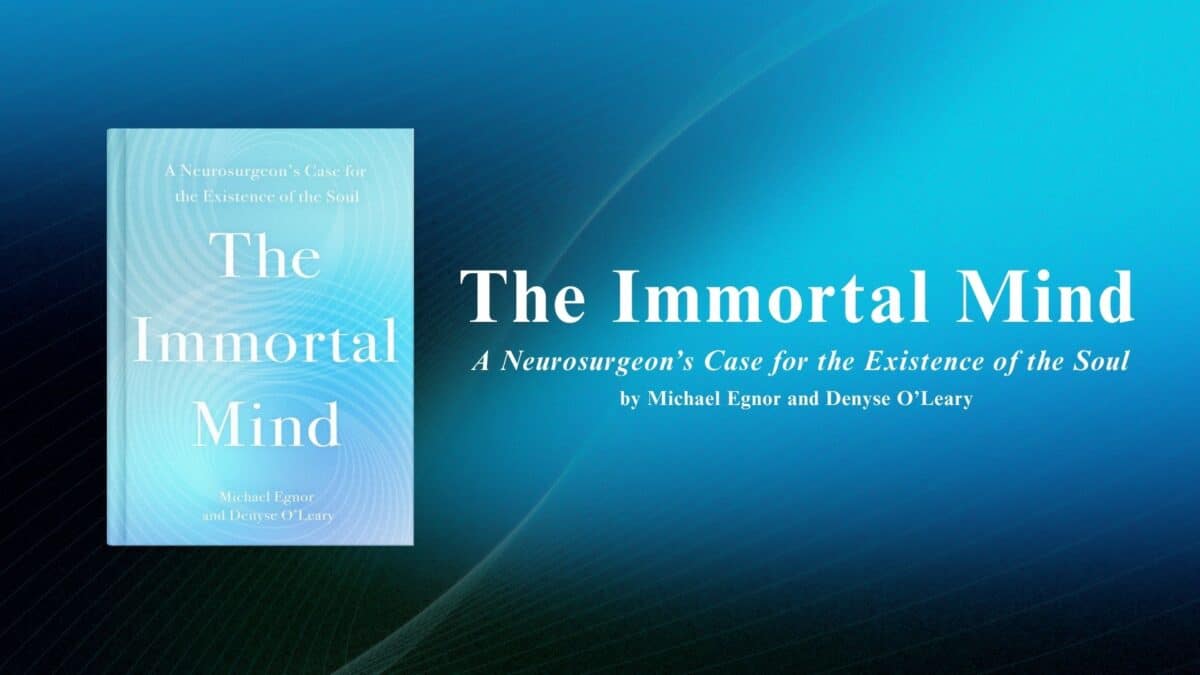
Beyond Materialism: Bruce Gordon on the Compelling Case for Idealism

Dr. Michael Egnor Reads From His New Book The Immortal Mind

Why Do We Mourn the Deaths of Other People’s Children?
I share P. Z. Myers’s horror but the problem of innocent suffering is much deeper for the atheist than for the Christian
The Challenge to Darwinism from Camp Mystic

Michael Shermer Disagrees With Me on the Ethics of IVF
He sees a contradiction between my respect for and embrace of children conceived via IVF and my ethical qualms about the process of IVF: “Another example of how religion clouds rationality”
A Disagreement with Shermer on the Ethics of IVF

A Neurosurgeon Weighs in On Near-Death Experiences

Immortality of the Soul Is a Reasonable Belief
Some may think that immortality of the rational soul is not possible in the physical world in which we live. But they are mistaken
Immortality of the Soul Is a Reasonable Belief

In Vitro Fertilization (IVF) and the Human Industrial Revolution
To stand against IVF is not easy, because it provides infertile couples the blessed opportunity to conceive children. But it is the door into new and hellish bioethics
Neuroscience, Free Will, and the Soul

Behaviorism Failed Much as Darwinism Has Done

Michael Egnor Reads From His New Book The Immortal Mind

Excerpt: As Death Approaches, a Sudden Light

Logic Shows Abstract Thought Is an Immaterial Power

How Can We Conceive of Perfection When We Never Experience It?

Human Mind: Logic Shows Abstract Thought Is an Immaterial Power
Neuroscience evidence helps us see the spiritual nature of our minds but we can use the power of our reason to demonstrate that too
How Can We Conceive of Perfection When We Never Experience It?

Why Behaviorism Failed as a Leading Theory in Psychology
The human mind, like the origin and development of life itself is not reducible to merely physical processes